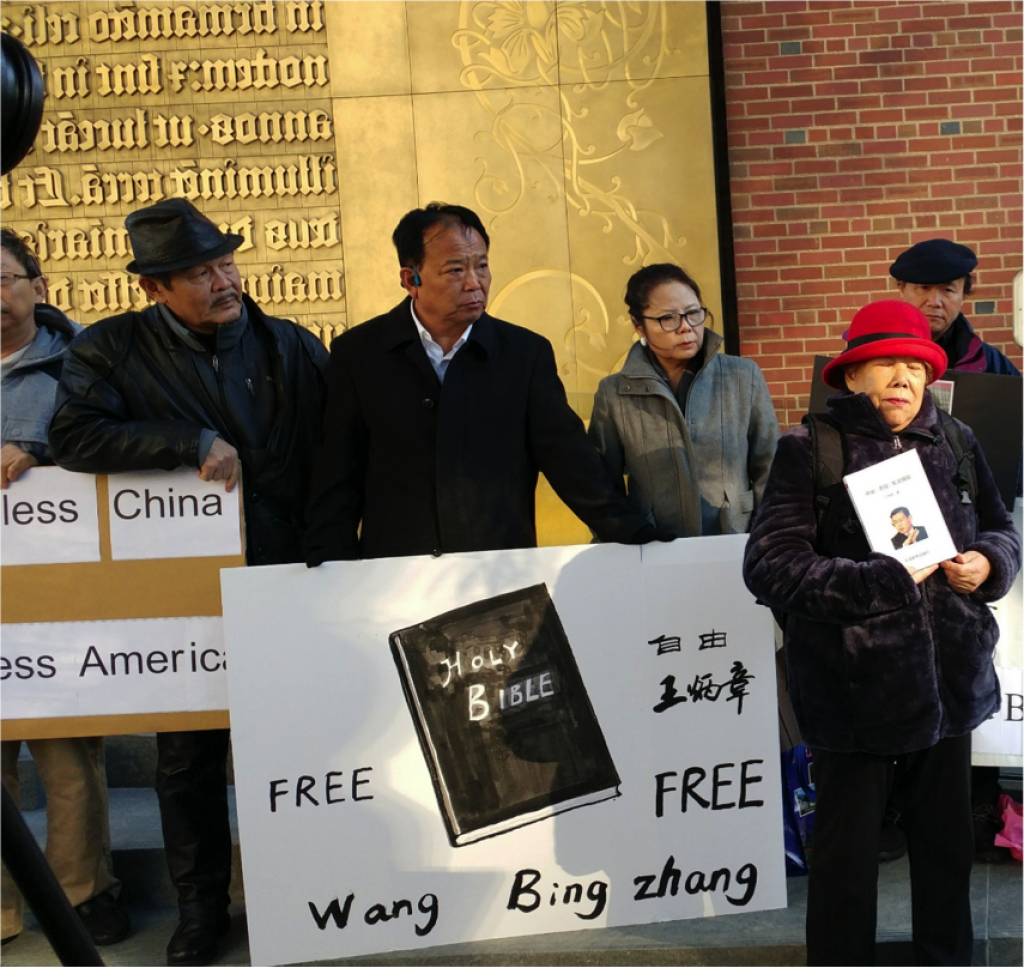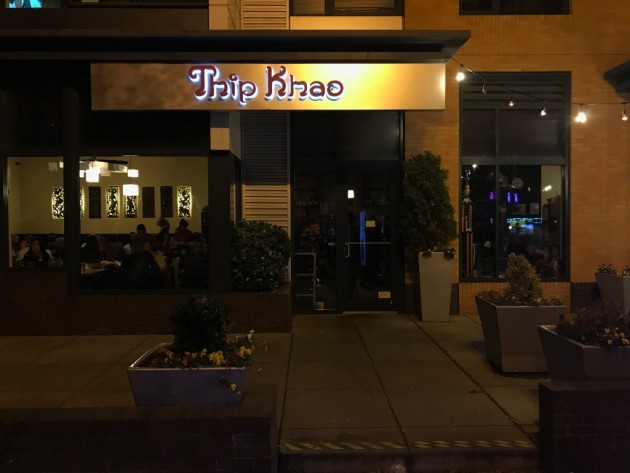“We are Watching and Tired of Waiting,” people shouted from the steps of Freedom Circle in Downtown Washington Monday afternoon.
Monday’s rally in front of the City Council Building kicked off the annual AIDS Watch. AIDS Watch is the nation’s largest constituent based federal HIV/AIDS advocacy event.
People from all over the country came to represent their state and fight for their equal rights not just as people with HIV/AIDS, but their rights as people.
Roy Hayes has been living with HIV for over twenty years and is a strong advocate for the rights of people with HIV/AIDS. “We are down here to lobby for our rights and to get these elected officials to actually listen to the concerns we have,” said Hayes. “We don’t just want to get medical help and housing and various other things, we want to educate people as well.” During the rally, people from as far as Puerto Rico, spoke on changes that needed to be made in their particular state. Many speakers spoke about the discrimination they have faced while trying to do things like apply for subsidized housing and get the proper medical care they needed when they were first diagnosed with the disease. At the end of 2007, it was estimated by the Center for Disease Control that around 468, 578 people were living with HIV/AIDS in America. Out of those people, 63% of them are African-American and Hispanic. AIDS Watch lasts from Monday to Wednesday, holding events, advocacy meetings on Capitol Hill and a congressional briefing on the Early Treatment for HIV Act . Christine Corrales is a recent graduate of UCLA. She was afforded the opportunity to attend the event through a fellowship called Public Allies, which is a non-profit leadership program. Through the program, Corrales worked at Bienestar , which is an organization that serves the Hispanic HIV/AIDS infected population. “I was assigned to come her and work with AIDS Watch, but its been a great experience,” said Corrales. “I am just watching, learning and taking everything in.” Corrales thinks now more than ever is a pivotal time in our society. “Now that we have our new administration, we need to make sure they know what our needs are.”
Corrales wants to help make sure that the new administration knows the concerns of the HIV/AIDS community early on, so that action can be taken to help.
“No more excuses.” Corrales said.




